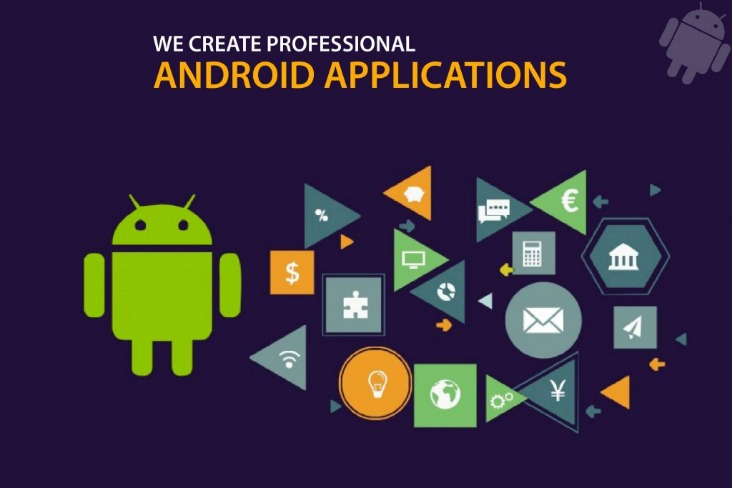
The Future of Mobile Innovation: Mastering Android App Development
In the rapidly evolving world of technology, Android App Development stands as a cornerstone of mobile innovation. With its open-source nature and vast user base, Android offers an unparalleled platform for app developers to create engaging and efficient applications.
Why Choose Android for App Development?
Android’s popularity is not without reason. Here are some compelling advantages:
- Open-Source Platform: Android is based on the Linux kernel, ensuring extensive flexibility and freedom for developers.
- Extensive Market Reach: As of 2023, Android holds a significant share of the global smartphone market.
- Cost-Effective Development: The platform provides various development tools and a supportive community, reducing costs.
- Highly Customizable: Android allows comprehensive customization options suited to diverse user needs.
Core Components of Android App Development
Understanding the building blocks of Android App Development is crucial for creating efficient and innovative applications. Key components include:
- Activities: These are the entry points for interacting with users, representing screens with a user interface.
- Services: Background processes that perform long-running operations without user interaction.
- Broadcast Receivers: Components that respond to broadcast announcements from the system or other applications.
- Content Providers: Manage and share structured data between different applications.
Steps to Start Your Android App Development Journey
Here’s a step-by-step guide to kickstart your Android App Development journey:
- Set Up Your Development Environment: Install Android Studio, the official IDE for Android development, and the Android SDK.
- Learn the Basics: Gain proficiency in Java or Kotlin, the primary programming languages for Android development.
- Create a New Project: Start a new project in Android Studio, set up your main activity, and design your UI using XML.
- Understand Android Architecture: Familiarize yourself with Android components like Activities, Services, and Content Providers.
- Develop and Test: Write your code, test your app on both emulators and real devices, and debug any issues.
- Publish Your App: Once your app is fully tested, publish it on the Google Play Store or other app marketplaces.
Popular Tools and Libraries for Android App Development
Utilizing the right tools and libraries can significantly streamline the development process:
- Android Studio: The official IDE with comprehensive support for development, testing, and debugging.
- Retrofit: A powerful HTTP client for making network requests easy and efficient.
- Room: A robust persistence library that provides an abstraction layer over SQLite.
- Glide: An image loading and caching library that simplifies handling images.
- Firebase: A suite of cloud services for authentication, databases, analytics, and more.
Read more about iOS App Development here.
FAQs about Android App Development
Q: What programming languages are used in Android App Development?
A: The primary programming languages are Java and Kotlin. Kotlin is now the preferred language recommended by Google.
Q: How long does it take to develop an Android app?
A: The timeline can vary widely based on the app’s complexity, ranging from a few weeks to several months.
Q: Is prior coding experience necessary to start developing Android apps?
A: While prior coding experience is beneficial, complete beginners can also start learning through dedicated courses and tutorials.
Q: Can I develop Android apps on any operating system?
A: Yes, Android Studio is compatible with Windows, macOS, and Linux.
Embarking on an Android App Development journey opens up numerous opportunities for innovation and creativity. By leveraging the platform’s comprehensive tools and resources, developers can create versatile and dynamic mobile applications.




